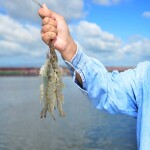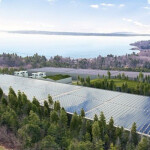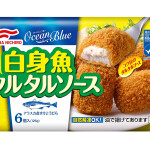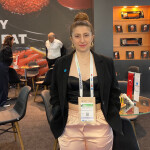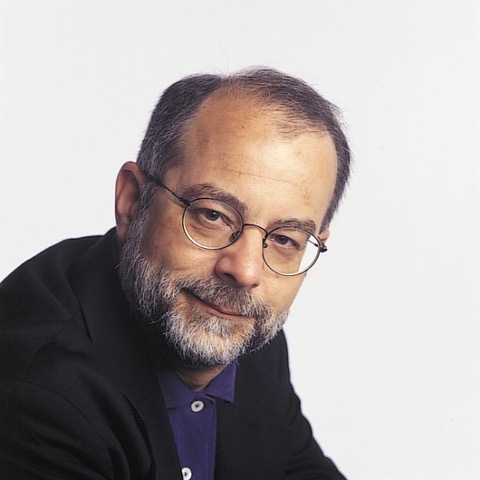Canadian Fisheries Minister Jonathan Wilkinson has announced a new suite of initiatives aimed at bolstering the success and environmental sustainability of the aquaculture sector.
The goal is to establish “a more holistic approach” to aquaculture management, according to Wilkinson. He said job creation and environmental protection would also be enhanced via four key initiatives:
First, moving toward adoption of alternative technologies for aquaculture, including land and sea-based closed containment technology. This effort will be guided by a study conducted by Sustainable Development Technology Canada and the Province of British Columbia to determine gaps that limit commercial readiness and inform future technology development efforts.
Second, moving towards an area-based approach to aquaculture management – to ensure that environmental, social and economic factors are taken into consideration when identifying potential areas for aquaculture development – including considerations relating to migration pathways for wild salmon;
Third, working with provinces, territories, Indigenous peoples, stakeholders and the scientific community to develop a framework for aquaculture risk management based on a precautionary approach, to ensure the sustainable management of aquaculture;
And final iniative aims to create a single comprehensive set of regulations, the "General Aquaculture Regulations," with the goal of bringing more clarity to the aquaculture industry and its stakeholders, including the Canadian public, about how aquaculture is managed.
Canadian Aquaculture Industry Alliance Executive Director Tim Kennedy told SeafoodSource the announcement represented an important step in his sector’s progress in Canada.
“We’ve been advocating for many years for an aquaculture act for Canada, so it was great when the federal and provincial ministers said yes, let’s go ahead with an aquaculture act,” he said.
Kennedy said that the minister’s announcement was unique because for the first time it put a number of issues and ideas into a package, which shows a commitment “to increasing and improving both our competitiveness and sustainable production.”
“We were encouraged by his strong words and his strong vision for the sector in Canada,” Kennedy said. “I think he sees we can do a lot and the federal government is ready to support that.”
Canadian aquaculture is worth CAD 5 billion (USD 3.8 billion, EUR 3.3 billion) a year and provides direct employment to 25,000 people, which shows the industry’s strength, Kennedy said. But Kennedy said those figures could be even higher if the right management is put in place on the federal and provincial levels.
“We’re very pleased to have seen the minister recognize the great opportunity for aquaculture in Canada. We do have a huge potential in this country and we’ve been flatlining for about 15 years in terms of production. From about 2002 to now, we’ve basically been pretty stable in production, but haven’t seen any significant increases,” he said. ““In terms of the act itself, there have been studies and discussions going on at that national dialogue level for a number of years. The important thing is the federal government and the provinces have worked in the last year to put together a policy document that has a substantial amount of research to look at what the legal situations are in different jurisdictions around the world and encapsulated that by saying these are the areas that we agree to work on under a federal aquaculture act.”
Marine conservation groups were not as enthusiastic about the DFO announcement. Neville Crabbe, a spokesperson with the Atlantic Salmon Federation (ASF), told SeafoodSource he was not convinced the proposed regulations were a firm commitment from the government.
“This comes about every so often and then seems to go back underground,” Crabbe said.
Thirteen months ago, during the Department of Fisheries and Oceans’ initial consultation, ASF made a short submission asking for better documentation, understanding, monitoring, detection, and avoidance of genetic and ecological interactions between wild and farmed salmon. The organization also asked DFO to assert that federal authority to manage salmon aquaculture supersede provincial and territorial authority, and that the new act promote innovation and encourage greater transparency and public participation in aquaculture decisions.
SeaChoice, which is a collaboration of the David Suzuki Foundation, Ecology Action Centre and Living Oceans Society, echoed the ASF observation that “there have been dozens of studies done over the years” but no definitive action taken.
“We have been calling on the Department of Fisheries and Oceans to fully implement the precautionary principle and to provide greater transparency about the use of public waters by this industry,” the group said in a press release. “We expect any new legislative scheme to place the welfare of wild fish first in the consideration of fisheries managers, and to ensure that monitoring and evaluation of impacts on wild fish act as effective triggers for management action on the farms.”
SeaChoice’s preference is for Canada to move to land-based aquaculture.
Kennedy, of the Canadian Aquaculture Industry Alliance, said it will likely be more than a year before the aquaculture act comes up for a vote, and that changes are likely in the interim.
“Is the act there? No,” he said. “It’s an important step to get to the drafting stage and then the draft will come back to the ministers. It’s almost certain we won’t see anything in the next year because it’s an election year, so our hope is that something goes into the House of Commons in 2020.”
But Kennedy said he was heartened to action on the issue.
“The question I understand was asked was very simple: ‘Do you support going ahead with the federal aquaculture act to the drafting stage or not?’ And the [various levels of government] unanimously said yes,” Kennedy said. “That’s very encouraging.”
Photo courtesy of DFO

